
A proactive regimen reduces dermatologic AEs in patients with NSCLC who were treated with amivantamab and lazertinib, enhancing treatment adherence.

Your AI-Trained Oncology Knowledge Connection!


A proactive regimen reduces dermatologic AEs in patients with NSCLC who were treated with amivantamab and lazertinib, enhancing treatment adherence.
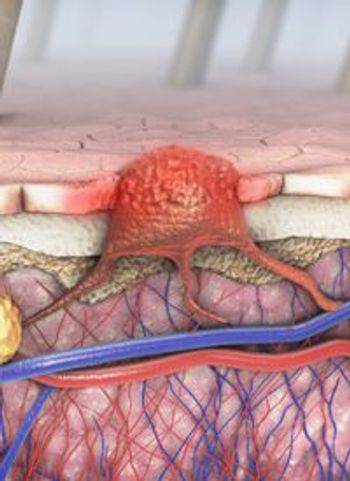
Experts analyze the evolving landscape of melanoma treatment, highlighting key clinical trials and strategies for optimizing patient outcomes.
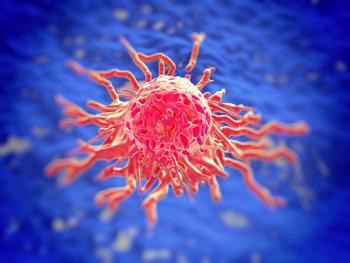
Experts discussed diagnosing and treating epithelioid sarcoma, emphasizing the importance of clinical history and the role of multiple multidisciplinary clinicians in care.
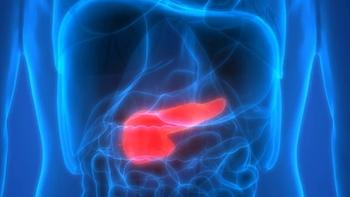
Explore the latest advancements in pancreatic cancer treatment, focusing on genetic mutations, targeted therapies, and emerging clinical strategies.
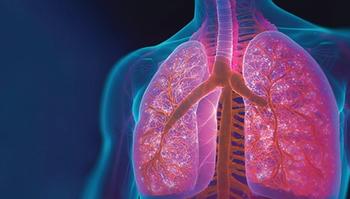
The MARIPOSA trial revealed promising survival benefits with amivantamab plus lazertinib vs osimertinib for patients with EGFR-mutant lung cancer.
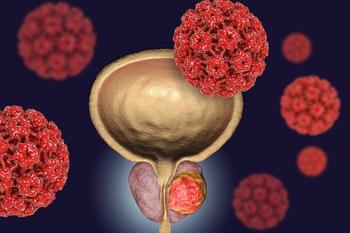
Discover the latest advancements in metastatic castration-resistant prostate cancer care, including personalized treatment strategies and emerging therapies.

Deciding when to use immunotherapy and how to utilize antibody-drug conjugates are complicated processes that require multidisciplinary collaboration to ensure that all patients with breast cancer receive appropriate and efficient care.

Experts discuss shifting preferences in EGFR-mutated NSCLC treatments, highlighting new survival data from the FLAURA2 and MARIPOSA trials shared at ELCC 2025.

Experts discuss innovative treatments for extensive-stage small cell lung cancer, highlighting tarlatamab's potential and management of adverse effects.

Read about various aspects of career trajectories in oncology from the perspective of established clinicians, new attendings, and those waiting to sit for their medical board exams.

Prostate-specific membrane antigen PET imaging has completely altered the landscape of prostate cancer detection and management. Read as several experts discuss the trajectory and growth of these agents.

Decipher Prostate, Oncotype DX, and Prolaris are 3 gene expression testing options for patients with prostate cancers. Read as experts discuss them.

"The data, even in fast progressors and within 6 months of endocrine therapy, [show it] is working," stated Monica Khunger Malhotra, MD.
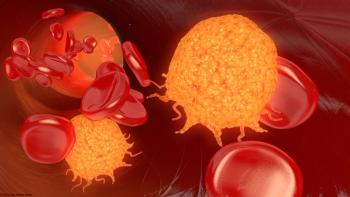
Care for patients with chronic lymphocytic leukemia continues to evolve via novel targeted therapies. Here are 3 things every cancer care specialist should know about treating CLL.

A panel of experts discussed their institutions’ practices for administering bispecific antibodies, BCMA or GPRC5D, to patients with multiple myeloma.

CAR T-cell therapies such as liso-cel and axi-cel in DLBCL were the focal points during an Around the Practice program at the 2025 Tandem Meeting.

In first-line, EGFR-mutated NSCLC, targeted therapies such as osimertinib or amivantamab plus lazertinib are recommended.

Personalized therapeutic approaches and novel, targeted medicines can help patients with epithelial sarcoma attain better survival outcomes.
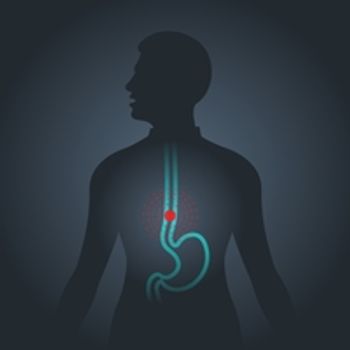
Immunotherapy combinations and targeted therapy options may help bridge clinical gaps in early-stage, locally advanced, and metastatic gastroesophageal adenocarcinomas.

Results from the CheckMate649 trial support the use of nivolumab plus chemotherapy in the treatment of advanced gastric cancers.

Leading multidisciplinary oncology professionals look back at how the COVID-19 pandemic changed cancer care.
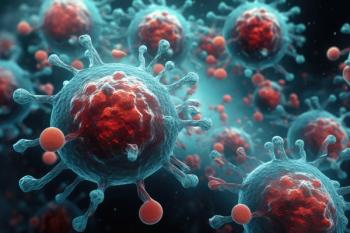
In patients with small cell lung cancer, Lambert-Eaton myasthenic syndrome leads to muscle weakness and can be discovered with no-cost testing such as anti-VGCC antibody testing.

Multidisciplinary approaches, RNA-based next-generation sequencing, and patient-specific front-line treatment decisions are all important for curating effective NSCLC treatments.

Epithelioid sarcoma is individualized based on disease characteristics, it's methods of treatment vary, and systemic treatment is both targeted medication and chemotherapy.

A cancer care team contemplated the methods and reasoning for handling a complex case of heavily pretreated relapsed or refractory multiple myeloma.
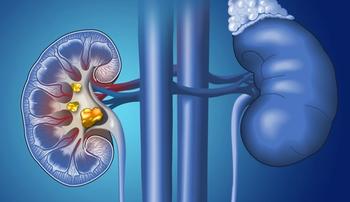
James Zoeller discussed various aspects of his cancer care after a RCC diagnosis with Hannah D. McManus, MD, and Allison Brown, BSN, RN, RN-BC.

Hematology oncology experts discuss recent developments in CAR T-cell therapies as well as bispecific therapies for the treatment of patients with R/R MM.
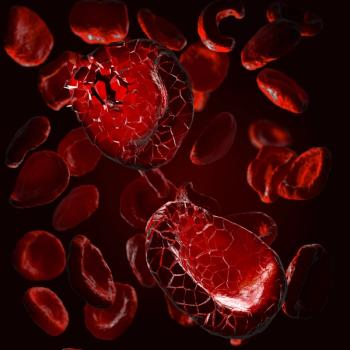
Tips from experts on how to think about and manage adverse events in patients with diffuse large B-cell lymphoma.

Experts discuss epithelioid sarcoma diagnosis, management, and targeted therapies, and highlight 3 things everyone should know about treatment.
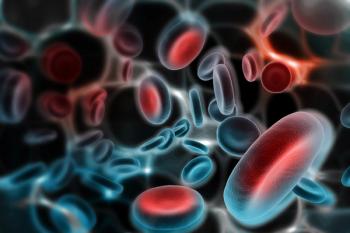
Davide Rossi, MD, spoke about the impact of the MZL workshop and his hopes for the future of treatment and medicine in MZL.